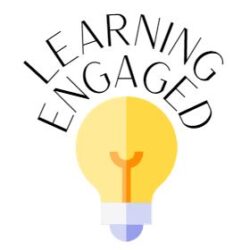(This post may contain affiliate links.)
I have been reading a great deal lately on identity development, specifically learner identity. It appears in content related learning, social development, personal information, cultural understanding, and in my most recent case, stereotype identity in Claude Steele’s Whistling Vivaldi (affiliate link), where he talks about stereotype identity (or stereotype threat as he terms it).
Have you ever thought about your identity? How would you identify yourself? The first time I ever was asked that question, I described my identity as an educated Christian woman who was a wife and mother. I have since learned that while that may be part of my identity, there is much more to me. What do I stand for? What do I believe in? What motivates me? What holds me back? There are so many aspects to my identity.
Taking it a step further, have you ever thought about your learning identity? What type of learner are you? How do you learn well? Poorly? What are you good at? Not as strong at? I immediately think about aspects of learning that are difficult for me, areas I struggle with. The first one that comes to mind is math. I would say that I am not a strong math student, but that wasn’t always the case. I LOVED math until 6th grade. I won’t go into details, but in 6th grade, I decided I wasn’t good at math and I began to identify myself as a weak math student and from that point on I struggled with math.
While I know what changed my mindset (affiliate link), how damaging was that to my identity as a learner? Do you do the same thing? Do all learners create negative stereotypes for themselves regarding what they cannot do? If so, then don’t our students do that as well.
I think about the students I have taught over the years that identified different areas they struggled and developed a fixed mindset regarding that discipline. I used to think that I could get them to change their mindset if I showed them they could do it. While this wasn’t completely incorrect, maybe I should have focused more on helping them understand the identity they had created for themselves and help them work to look at their “weak” identity differently.

